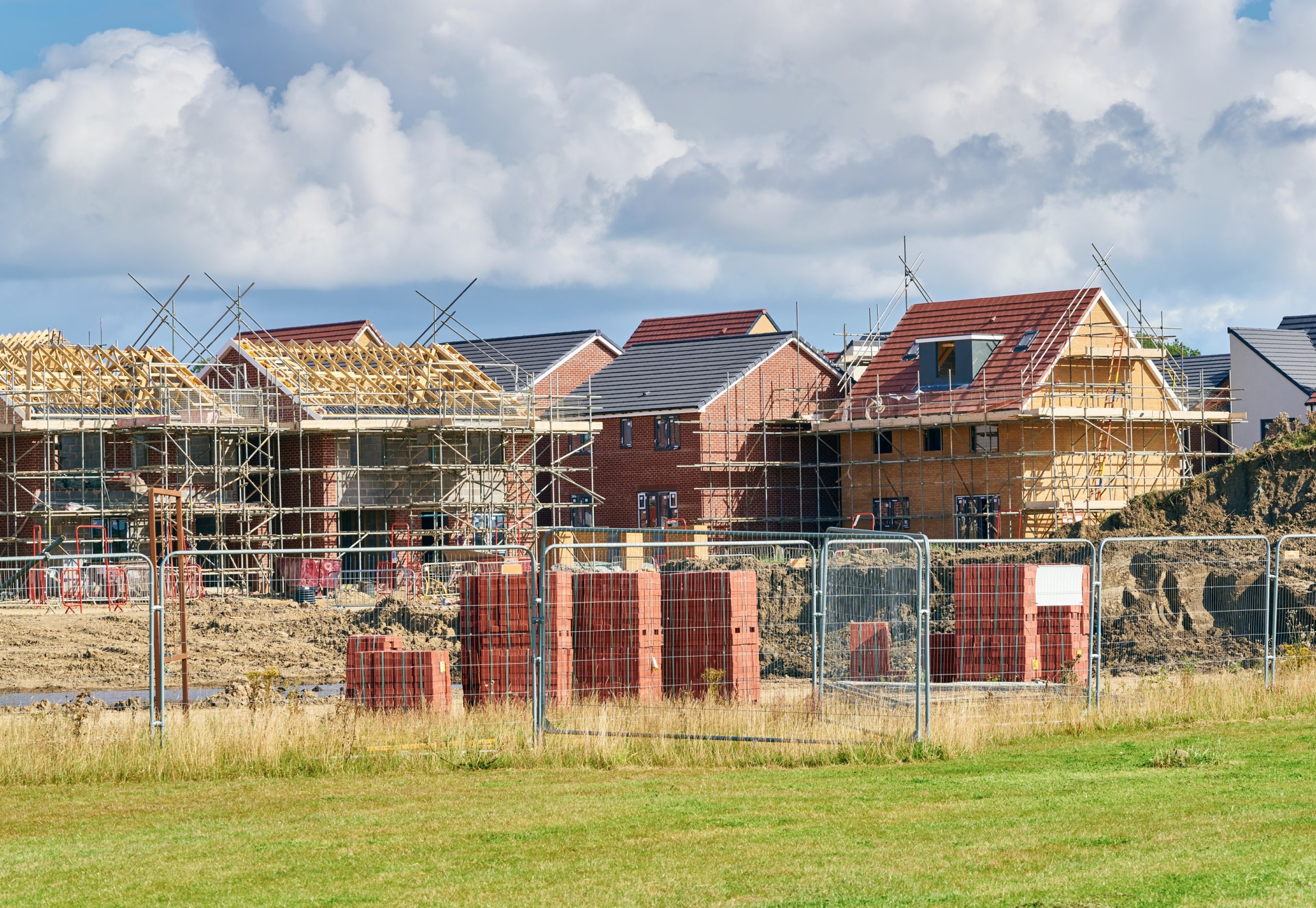Housebuilders are exceptional at putting bricks and mortar together. Where the cracks appear is not in the walls, but in the processes that follow handover. Aftercare is still treated like an awkward cousin at the wedding. It exists, everyone knows it matters, but no one quite wants to own it. So it gets managed through spreadsheets, long email trails, shared inboxes and a lot of crossed fingers.
The hidden costs of that approach are enormous. They are not always visible on the balance sheet, which is why they get ignored. The cost is the site manager burning an afternoon chasing updates from three different contractors. The cost is the aftercare team sifting through duplicated defect reports because nobody knew who was meant to pick them up. The cost is the buyer who spends more time chasing than living in their new home, and quietly tells every future neighbour to think twice before buying from you.
Here is the irony. Buyers rarely judge the quality of a builder by the absence of defects. Snags happen. What shapes their opinion is how those issues are handled. A problem resolved quickly with clear communication is not seen as a failure. It is seen as a sign of competence. A builder who responds with speed and transparency will be remembered far more fondly than a builder who tries to bury problems.
Business as usual depends on luck and goodwill. It relies on heroic effort from overstretched teams. It assumes contractors will always report back on time. It counts on buyers being patient and forgiving. That is not a process. That is gambling. And it is gambling with your reputation.
Ubrix changes the dynamic completely. Instead of hoping that defects get noticed and delegated, they are logged and routed with clarity. Instead of chasing contractors for updates, you can see live progress across every plot. Instead of leaving buyers in the dark, they receive proactive updates that make them feel cared for, not ignored. Instead of site managers drowning in admin, they get their hours back to focus on building.
Industry experts agree that technology has the power to transform aftercare. The moment you remove uncertainty, you reduce complaints. The moment you give buyers visibility, you create reassurance. The moment you automate routine admin, you free up people to do higher value work. As one specialist put it, “Efficiency is not just about speed. It is about confidence. A fast fix with no visibility still feels like a failure. A clear, managed process creates trust.”
The real cost of business as usual is not just measured in delays or wasted hours. It is measured in lost trust. Every missed update chips away at confidence. Every delayed repair leaves a sour taste. Every unanswered message is a future negative review.
Trust is the most valuable currency a builder has. It costs less to protect it than it does to repair it. Ubrix exists to protect that trust by turning the chaos of aftercare into a smooth, visible process.
If buyers wanted to become project managers, they would have applied for the job. They bought a home. Ubrix makes sure they actually get to enjoy it.










